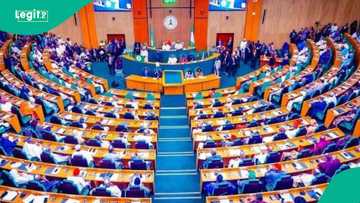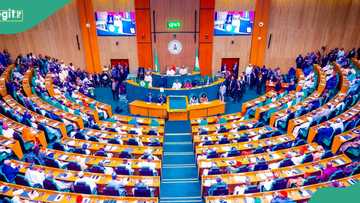
House of Representatives
- The House of Representatives is the lower chamber of Nigeria’s National Assembly, the country’s federal legislative body.
- It is made up of elected members who represent constituencies across Nigeria’s 36 states and the Federal Capital Territory (FCT).
- The House works alongside the Senate (the upper chamber) to make, amend, and repeal federal laws.
- The House comprises 360 members, each elected from a single-member constituency.
- Members serve four-year terms, coinciding with the presidential election cycle.
- Leadership includes the Speaker of the House, Deputy Speaker, Majority and Minority Leaders, and others.
Role and Functions
Legislation:
Drafts, debates, and passes bills that affect national governance. Bills passed must receive approval from the Senate and presidential assent to become law.
Oversight:
Oversees the executive branch, ensuring accountability and transparency in federal government operations. Investigate government activities and expenditures.
Representation:
Members represent the interests of their constituencies at the national level. Act as a link between citizens and the federal government.
Budget Approval:
Reviews and approves the national budget proposed by the executive. It controls the allocation and expenditure of federal funds.
Impeachment Powers:
Initiates impeachment processes against the president or vice president, following the constitution.















